A day at the beach can be boring, a Localization strategy too, and that's not bad at all
Summer is over. Last week it was the end of my holidays. It was the culmination of a week on the beaches of the Valencia where the most important decision of the day was whether we ordered a seafood paella or a mixed paella. If I go at the beach club for a mojito or a beer. Slow, predictable days, but after 3-4 days of being on the beach ... I was bored; the beach bores me ... oops!
The beach is fine, but after reading for a while, stop by the beach bar to have a beer (s), play tennis-beach, or volleyball with the kids ... the truth is that the beach it seems a bit drab. Talking about this with my wife, she mentioned, " sometimes being bored, having predictable days, it's fine, those moments are necessary to appreciate the more hectics days." That statement made me think; yes, I indeed recognize that disconnecting is good, but in reality, that statement did not disconnect me, but made me think more 😉
Some summer readings from my holiday break - Reinventing organizations is a very thought provoking book … and Onward has been an interesting reading to know more about how Starbucks changed the direction and company philosophy to become the company that it’s today ….
That same day that I was chatting with my wife about my first-world-problem of boredom I had read a post about the Tony Robbins Unleash The Power Within event before, and it caught my attention the sentence that closed the post and in which he defined the concept of strategy
“A Strategy is a system of producing a consistent result.”
The goal of a strategy is to produce a consistent, predictable result, and using a metaphor, such as a beach day, therefore, a bit boring.
Is this analogy applicable to a Globalization / Localization strategy? I think so!
Nothing happens by having a Localization strategy that is predictable, clear, consistent and in some ways boring.
Many of the problems we face in the industry when we implement Localization processes are precisely that, the strategy is not clear, nor consistent, nor it’s predictable.
And, thinking about it, a Globalization strategy does not have to be a document in which we want to show everyone how intelligent we are!
It is a document in which we have to be clear, and if that requires being boring, it is better being boring to be ambiguous.
• When we have a clear, written, predictable and boring localization strategy, what happens is that there is no indifference on the C-suite leadership side, and that means support for our budget, or even support for the Globalization strategy itself.
• When we have a clear localization strategy there is no confusion within the organization about who does what. A localization department has a lot of communicating vessels and touches areas that other teams do, for example UX designers, content creators, copywriters ... if our Globalization strategy is clear, if there is no confusion of who does what, then there is no confusion of each team trying things on his own to finally reach the same goal
With all this in mind, I want to offer my reflection on a beach day about 12 aspects to consider when creating a boring, but clear and predictable, Localization strategy that produces consistent results.
Click HERE to download the PDF with 12 elements to consider to creating a great (boring) Globalization strategy
By the way my wife was right ... it's been only a week since we left the beach ... and I'm starting to miss how monotonous and predictable a day at the beach is
Have a good week everyone!
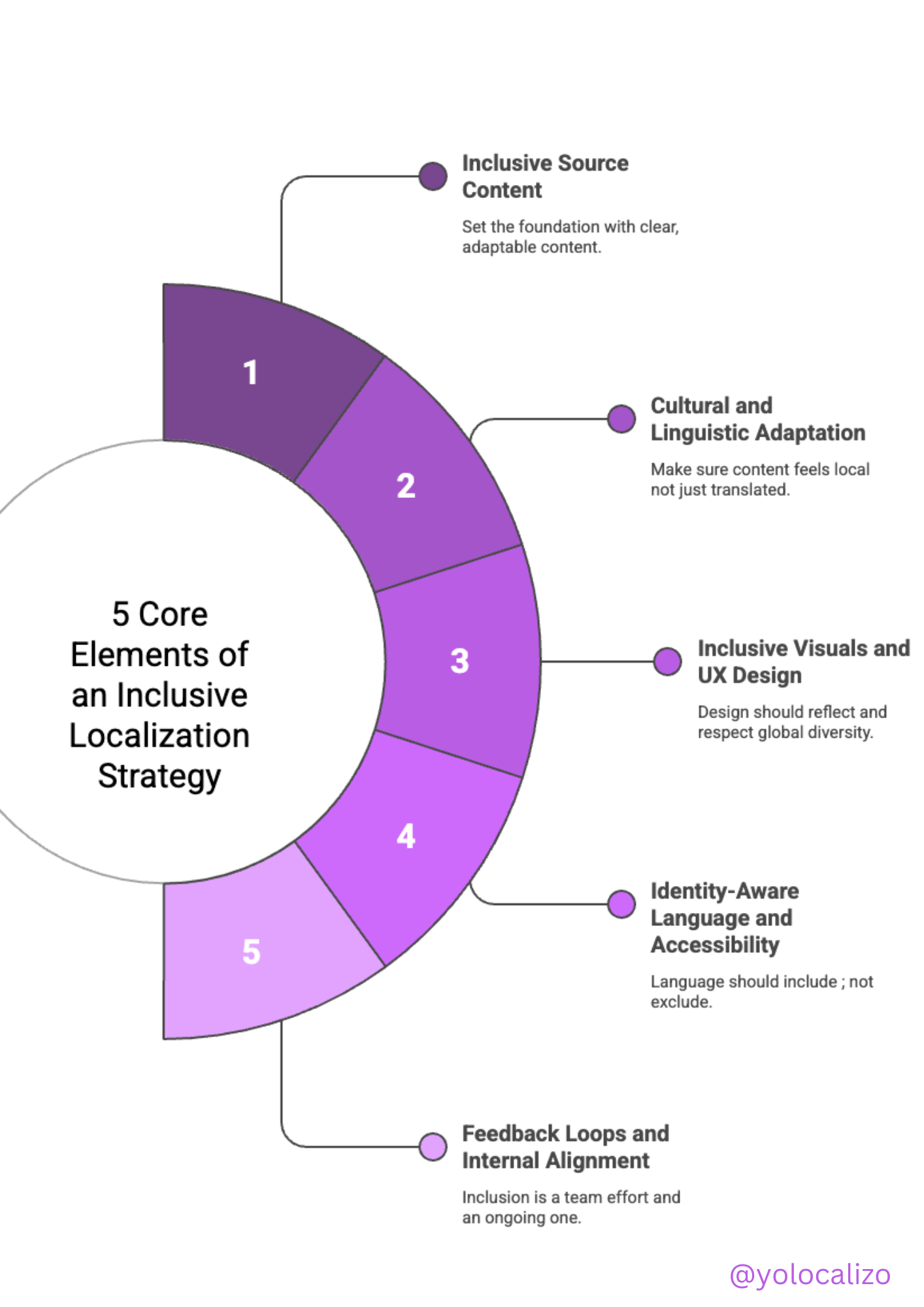

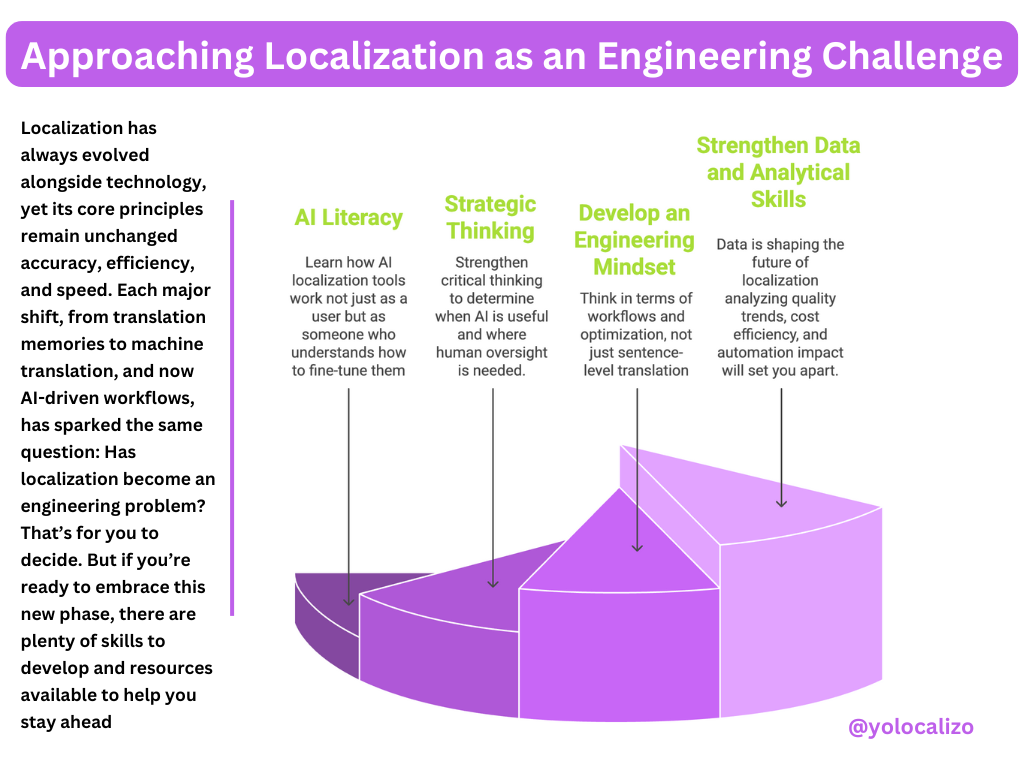
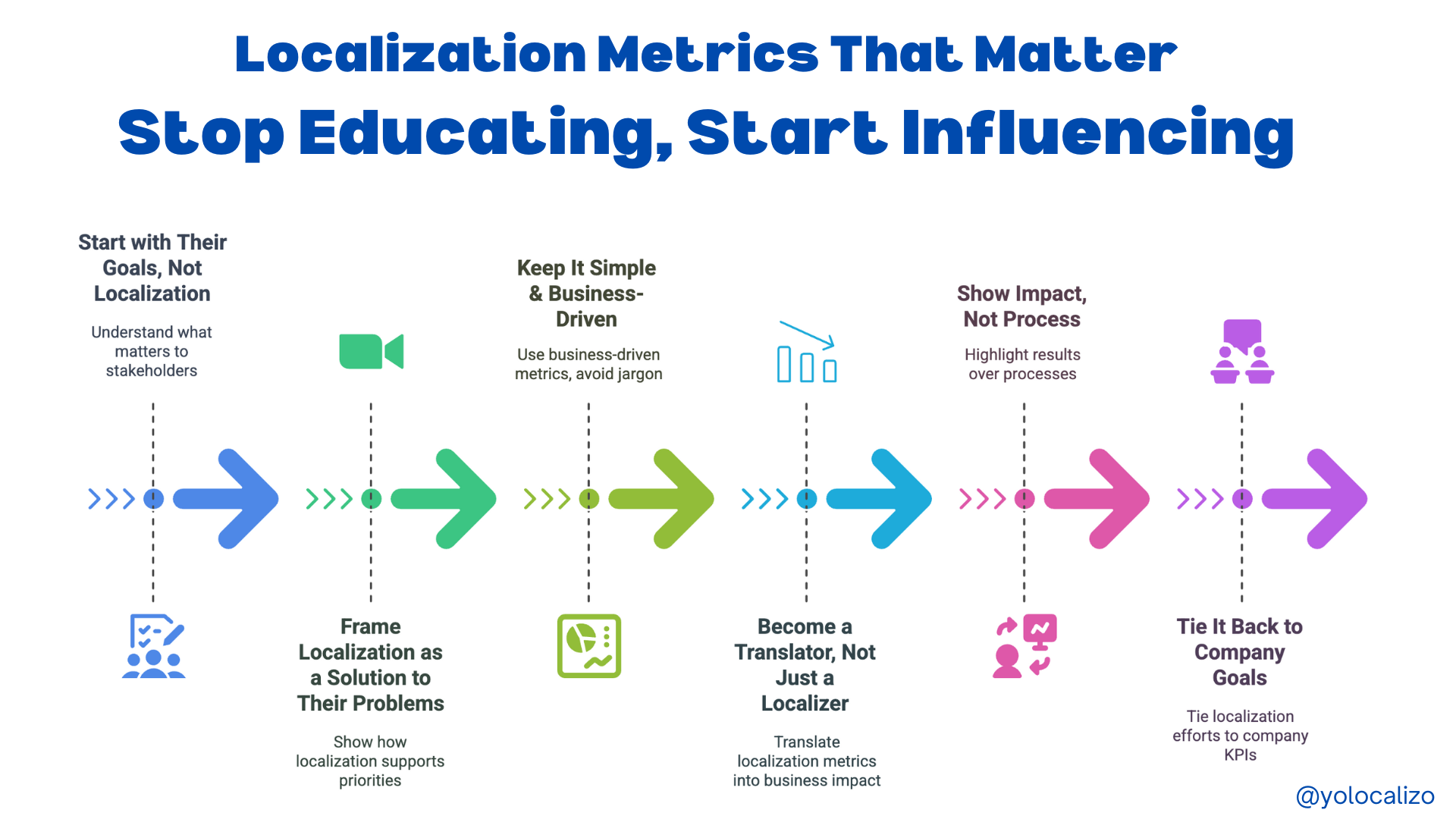


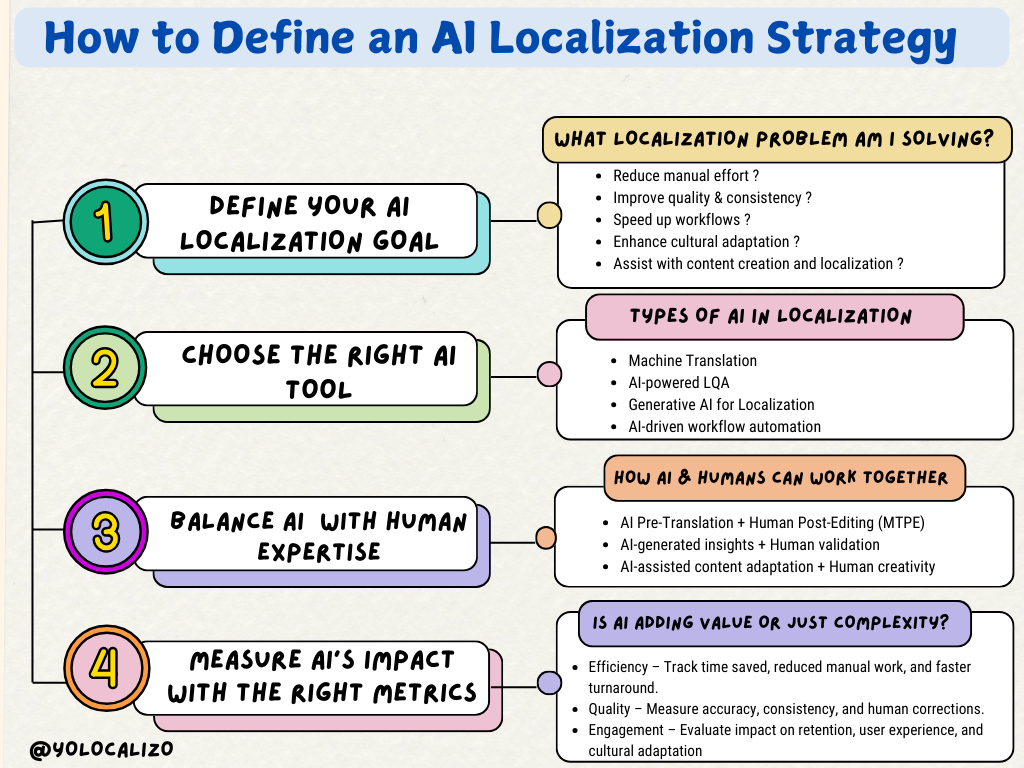




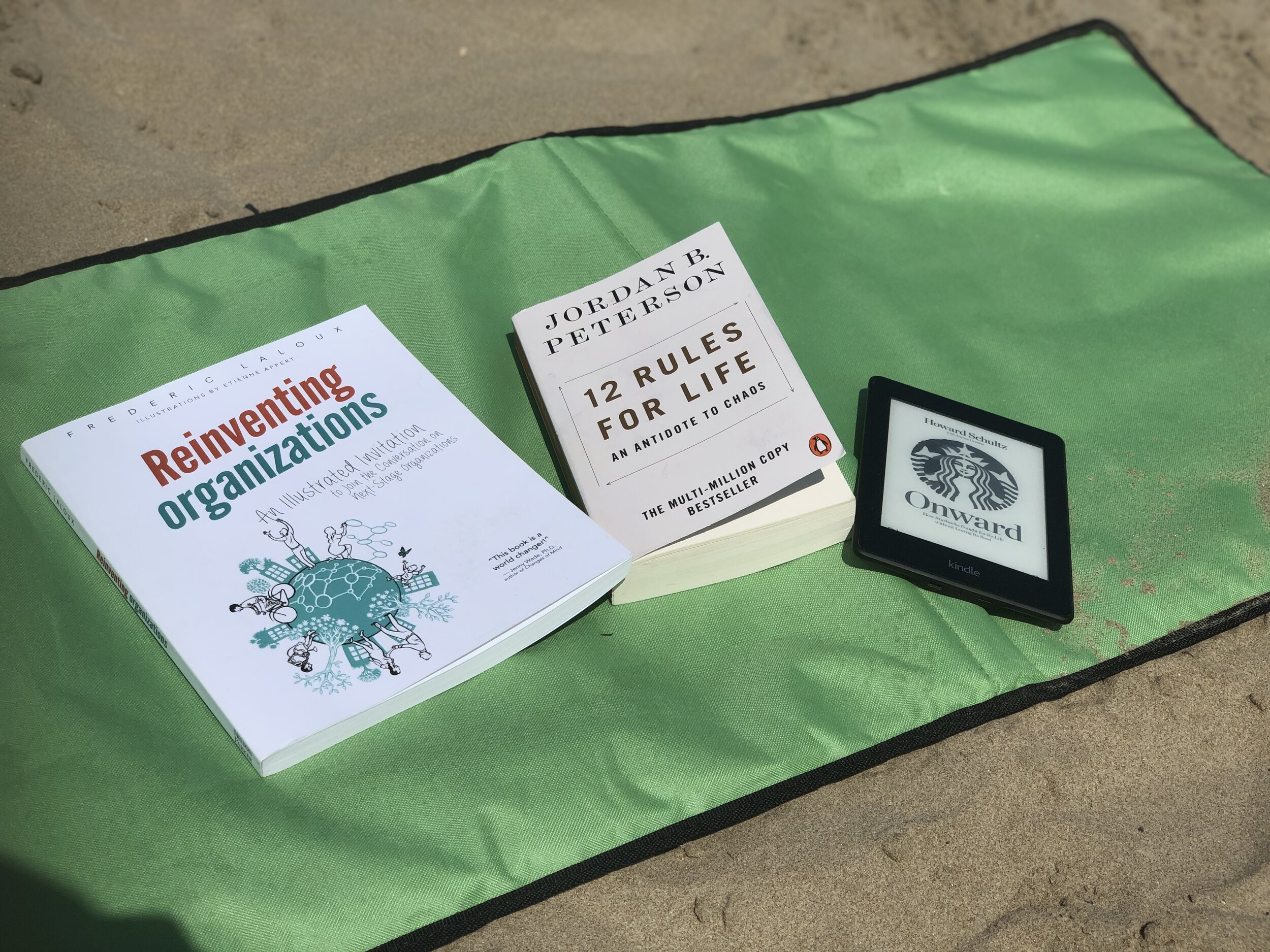
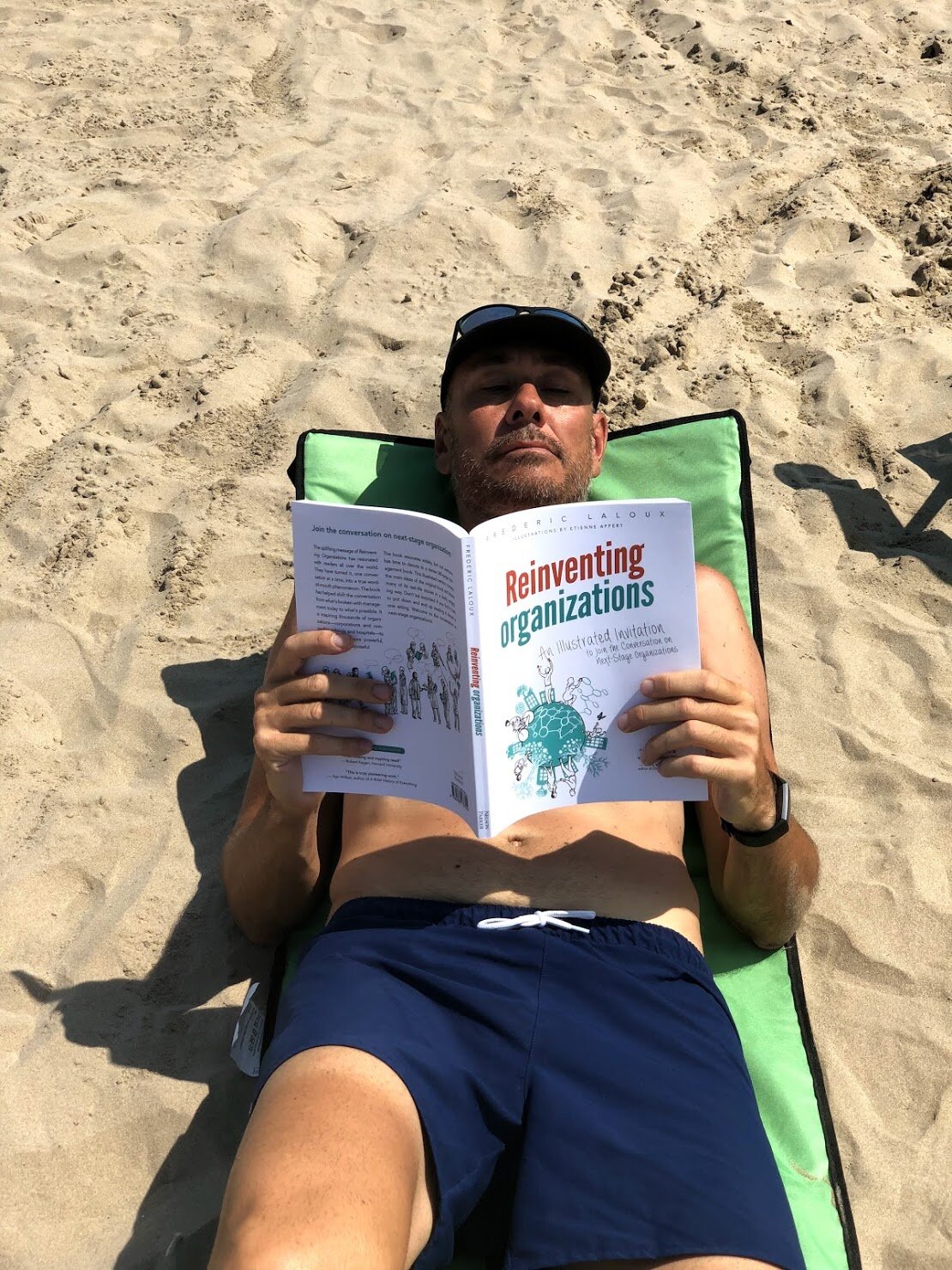



Localizability has always been a challenge small issues in source content often lead to big problems later in translation. In this post, I explore how AI is giving localization teams a powerful new way to improve source quality, reduce friction, and create better content for every market right from the start.